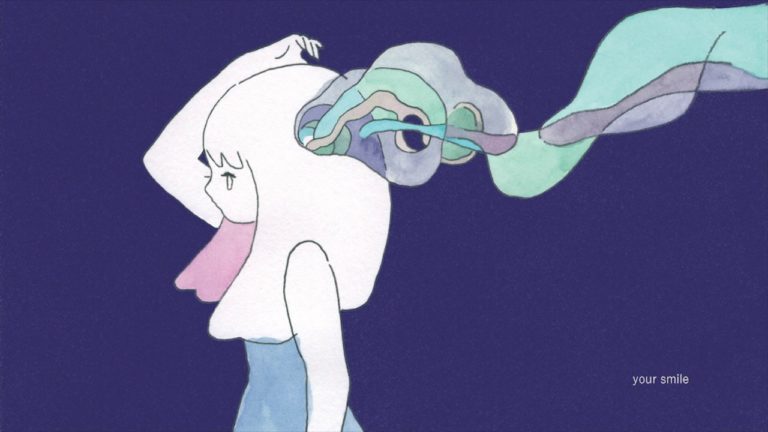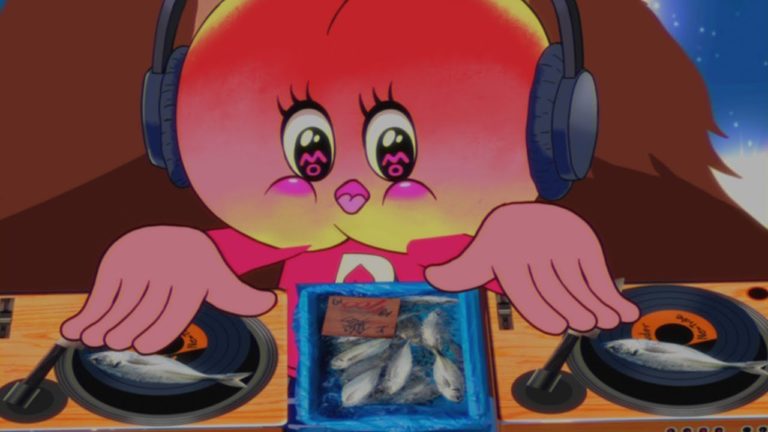Terminally Chill: Wai Wai Music Resort’s WWMR1
Japanese indie creators ongoing interest with throwback styles and genres associated with the Bubble era might have reached a logical end with Wai Wai Music Resort’s first collection of songs. Released via Local Visions, WWMR1 embraces the most chilled-out elements of retro music culture, creating something breezy but with an emotional aching still present (to…

